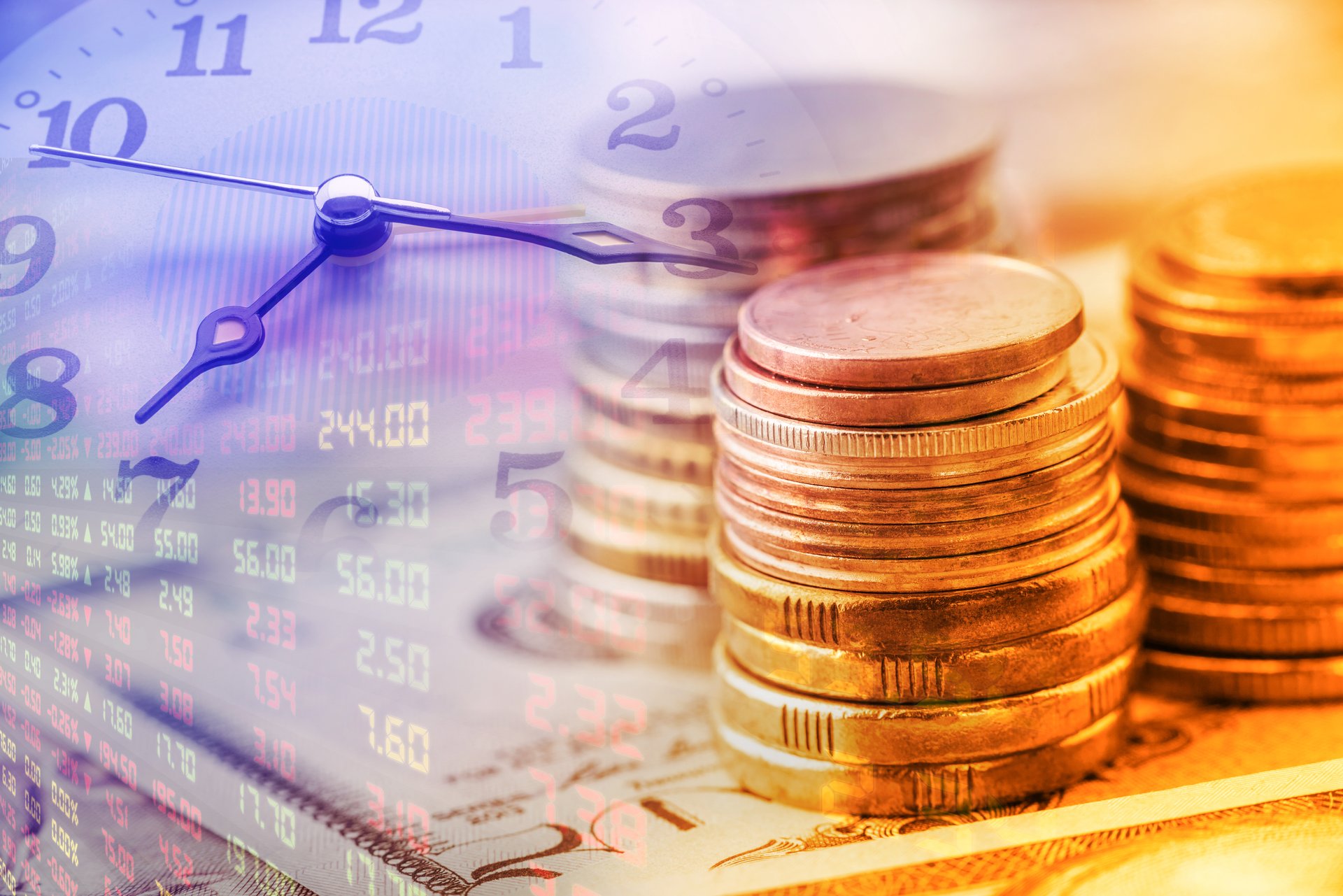
What will you do with your tax refund?
If you’re like the average American who will receive a refund — and knows what they want to do with it — you will most likely put it in savings, according to a recent GOBankingRates survey.
The website polled 1,000 people about what they plan to do with their refunds. Survey participants had to choose one of the following seven options:
- Pay off debt (loans, credit cards, etc.)
- Splurge on a purchase (TV, shoes, etc.)
- Put the money toward a vacation
- Put the money in savings
- Make a major purchase (car, home, etc.)
- I do not receive a tax refund
- None of the above
About half of survey participants do not receive a refund or selected “none of the above.” GOBankingRates explains of the latter, “These people might not have a clear plan for their IRS tax refunds, they aren’t sure they will get a refund this year or they have plans for the refunds that are not found in the other responses.”
GOBankingRates’ analysis focused on the first five options. Among survey respondents who expected to get a refund, putting the money in savings was the most common response.
As we explain in “Tax Hacks 2017: 9 Smart Ways to Spend Your Tax Refund,” putting your refund in savings is also one of the smartest things you can do with it. This might mean using the money to:
- Fatten your emergency fund
- Save for retirement
- Save for college
Unless you want to use the money to buy stocks or another higher-risk — and higher-yielding — investment, putting the money in an interest-bearing account will help you make the most of your refund by allowing it to grow.
Ideally, you’d put the money in a compound interest-bearing account. As we explain in “Money Lingo You Need to Know for Financial Survival“:
Compound interest is interest that’s earned and added to an account balance so that the interest, too, earns interest. Compounding speeds up earnings because, as your account balance grows, each new interest payment is based on a larger amount.
If you know which account you’d put your refund in and how much interest the account earns, you can use the U.S. Securities and Exchange Commission’s compound interest calculator to see how much your refund stands to grow.
If you’re in the market for a new interest-bearing savings account — or one that earns more than your current account — visit the “Find a Higher Paying Savings Account” page in our Solutions Center. There, you can search based on the type of account you’re looking for — checking, money market or certificate of deposit.
So what is it you plan to do with your refund? Let us know below or over on our Facebook page.




Add a Comment
Our Policy: We welcome relevant and respectful comments in order to foster healthy and informative discussions. All other comments may be removed. Comments with links are automatically held for moderation.